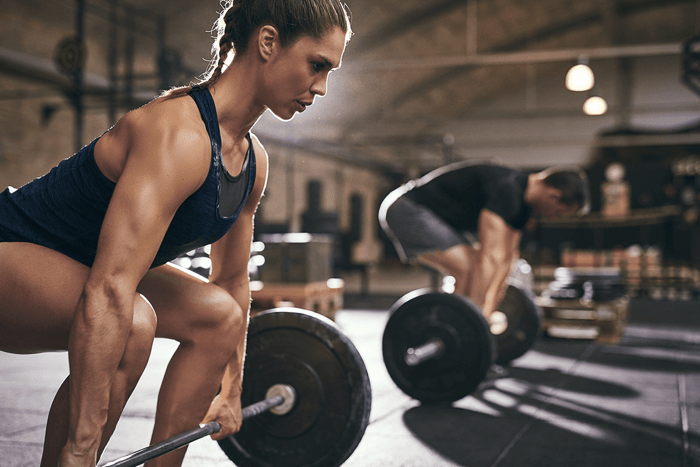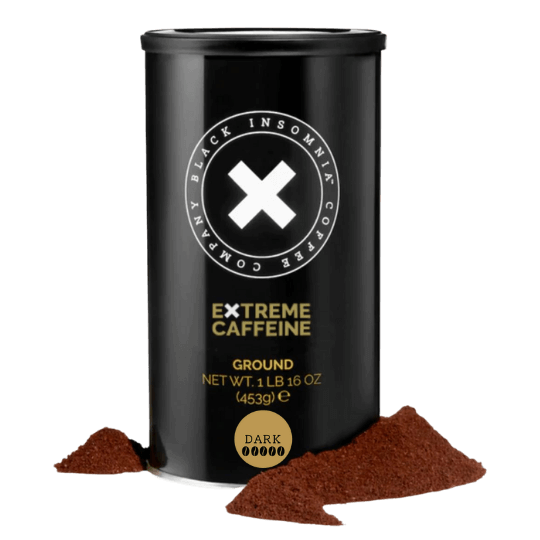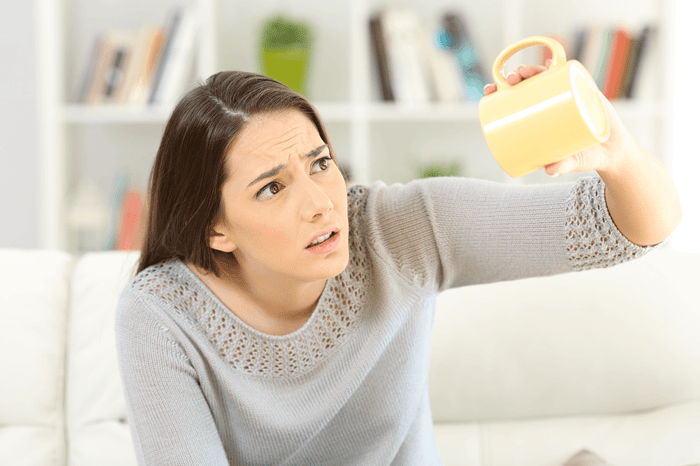
Most people reading this article probably won’t argue that drinking coffee enhances most peoples’ energy and alertness levels—If there’s one thing that most people on the planet know coffee for, it’s probably its reputation for providing quick, long-lasting boosts to energy, focus, and alertness.
But I won’t take that as a given—let’s build a bean-by-bean case for coffee as a performance enhancer.
Q: Does consuming coffee benefit athletic performance?
A: Before we get into the science (and we will)—let’s take the scenic route:
First, consider that The International Olympic Committee has seen it necessary to declare a maximum allowable limit of caffeine in Olympic athletes—12 μg (micrograms) per ml of urine.
There are various factors that affect caffeine consumption and concentration of caffeine in the urine—like body weight. But broadly, you’d have to drink roughly 6 - 8 cups of brewed coffee an hour before an activity to hit the max allowable caffeine limit.
While that’s certainly a lot of coffee to drink in a short amount of time, it’s not an insane amount.
I hope, because I probably exceed the IOC’s caffeine limit without trying a few times a month, at a minimum.
OK—so that’s just one [huge] international organization. What about here in the States?
The National Collegiate Athletic Association (NCAA) also has a maximum limit of caffeine it considers “legal”—15 μg/ml.
The World Anti-Doping Agency doesn’t include caffeine as one of its prohibited substances, including in its most recent 2022 list of prohibited substances. However, they have included it in its 2022 Monitoring Program, alongside other stimulants like bupropion (AKA Wellbutrin) for “in competition” monitoring only. That particular list exists to establish patterns of “misuse” among athletes before/during competition.
So now… does caffeine alter athletic performance?
At a minimum, we can say that the International Olympic Committee, the NCAA, and possibly the WADA think it does—at least, enough to spend money and time regulating and monitoring it in athletes.
But let’s get more direct—this randomized, double-blind study on “The effects of caffeine ingestion on time trial cycling performance” found that experienced cyclists who ingested caffeine “rode significantly further” than cyclists who ingested a placebo. (Interestingly, there was no difference in heart rate data.)
The study concludes “on the basis of the data, we concluded that performance was improved with the use of a caffeine supplement.”
Besides a general “energy boost,” what else does coffee do to boost athletic performance?
This study demonstrated that moderate doses of caffeine led to test participants being able to lift more weight in the chest press—as well as attain greater peak power during the Wingate anaerobic test in competitive athletes.
There’s also a hypothesis that coffee improves performance with an antagonistic effect on adenosine receptors. (Very generally, this allows the body to create greater force from muscle contractions and contract more frequently.)
While it affects people differently depending on their genes, this effect can make exercise/athletic activity feel a little less painful and slightly easier in general.
In other words, some of the athletic performance benefits are at least partially based on perception—when we drink a lot of coffee before physical activities, we feel like we can do more with less pain getting in the way.
I know what some of you are saying—you want to be able to tell if you’re in pain during physical activity—that’s how you avoid injuries from overuse and overexertion.
Well, yes, but clearly there are shades of gray here.
There’s no research I’ve seen that remotely suggests drinking a bunch of coffee is enough to negate pain so much that you’d “keep going” through the pain and end up with a serious injury.
That can certainly happen with other substances, and while I can’t say it’s “impossible” that some ridiculously high dosage of caffeine could ever lead to that, I feel like the extra alertness caffeine provides would also make this pretty unlikely.
Besides, if coffee covered up pain signals that well, they’d be having you drink Americanos at the dentist’s office. (Okay, maybe not, but you get my point.)
A lot of the science out there on caffeine and athletic activity suggests that amateur athletes still get some effects from ingesting coffee/caffeine, but the bulk of the research seems to have been done with trained athletes as test subjects.
As for coffee causing dehydration—that’s been debunked for years (even if the hashtag #decafofcourse crowd hasn’t caught up with the rest of us yet).
That myth comes from the perception of coffee having a legit diuretic effect (i.e. making you need to pee). But research in recent years shows that coffee still helps hydrate the body almost as well as plain water. So go ahead and drink your coffee before training, exercising, or playing sports.
Improving our athletic performance and physical endurance is something most of us wouldn’t mind.
Adding coffee to a pre-training or pre-activity routine may not be the magic bullet that leads you to the Paris Olympics in 2024—but for most people it’s a small, easy performance boost.
It also tastes pretty good.






